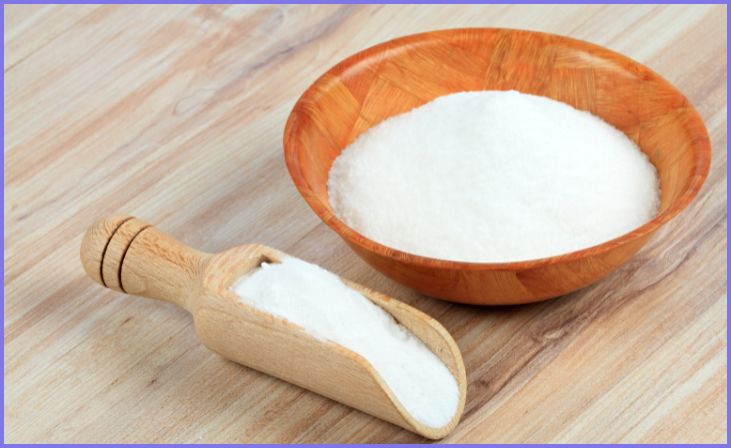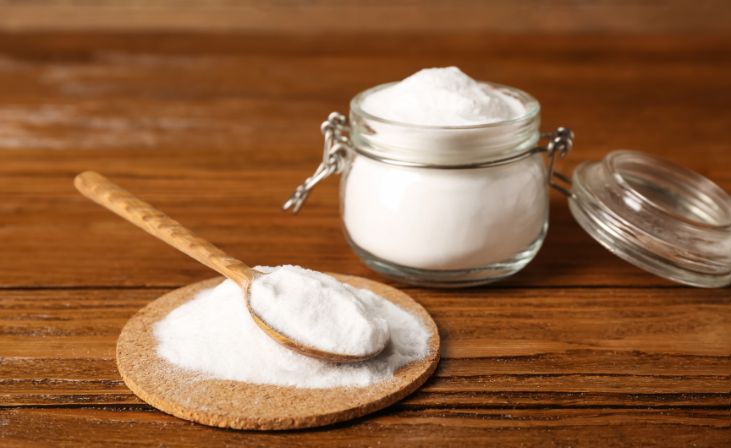Baking soda, also known as sodium bicarbonate, is a versatile ingredient commonly used in baking, cleaning, and even as a remedy for various health conditions. While it’s primarily known for its role in leavening baked goods, baking soda also offers some surprising nutritional benefits. Let’s delve into seven key nutrition facts about baking soda:
1. Sodium Content

Baking soda is primarily composed of sodium bicarbonate, which contributes to its alkaline properties. One teaspoon of baking soda contains about 1,259 milligrams of sodium. While sodium is essential for maintaining fluid balance and nerve function in the body, excessive intake can contribute to high blood pressure and other health issues. Therefore, it’s important to use baking soda in moderation, especially for individuals on low-sodium diets.
2. Caloric Value
Despite being a staple in many kitchens, baking soda is virtually calorie-free. One teaspoon of baking soda contains only about 0.6 calories. This makes it a popular choice for those looking to reduce calorie intake while still enjoying baked goods with a light, airy texture.
3. Absence of Fat and Protein
Baking soda is a pure chemical compound and does not contain any fat or protein. This makes it suitable for individuals following low-fat or low-protein diets. However, it’s important to note that baking soda is not a source of essential nutrients like vitamins or minerals.
4. Neutral pH

Baking soda is alkaline in nature, with a pH of around 8.1 when dissolved in water. This alkalinity can help neutralize acidic ingredients in recipes, such as buttermilk or acidic fruits like lemon juice, leading to better leavening and a lighter texture in baked goods.
5. Digestive Aid
In addition to its culinary uses, baking soda is sometimes used as a home remedy for indigestion and heartburn. When consumed in small amounts, baking soda can help neutralize stomach acid, providing temporary relief from digestive discomfort. However, it’s important to use baking soda for this purpose sparingly and under the guidance of a healthcare professional, as excessive consumption can disrupt the body’s acid-base balance.
6. Electrolyte Balance
Sodium bicarbonate, the active ingredient in baking soda, plays a role in maintaining electrolyte balance in the body. Electrolytes are essential minerals that help regulate nerve function, muscle contractions, and fluid balance. While baking soda can contribute to sodium intake, it should be consumed in moderation as part of a balanced diet to avoid electrolyte imbalances.
7. Environmental Impact

While not directly related to nutrition, it’s worth mentioning that baking soda is environmentally friendly and non-toxic. Unlike many chemical cleaners, baking soda can be safely used to clean surfaces, deodorize odors, and even extinguish small fires. Its versatility and eco-friendly nature make it a popular choice for green cleaning enthusiasts.
In conclusion, while baking soda is primarily valued for its role in baking and cleaning, it also offers some interesting nutritional properties. From its sodium content to its alkaline nature and digestive benefits, baking soda can be a valuable addition to a healthy lifestyle when used in moderation and in conjunction with a balanced diet.







